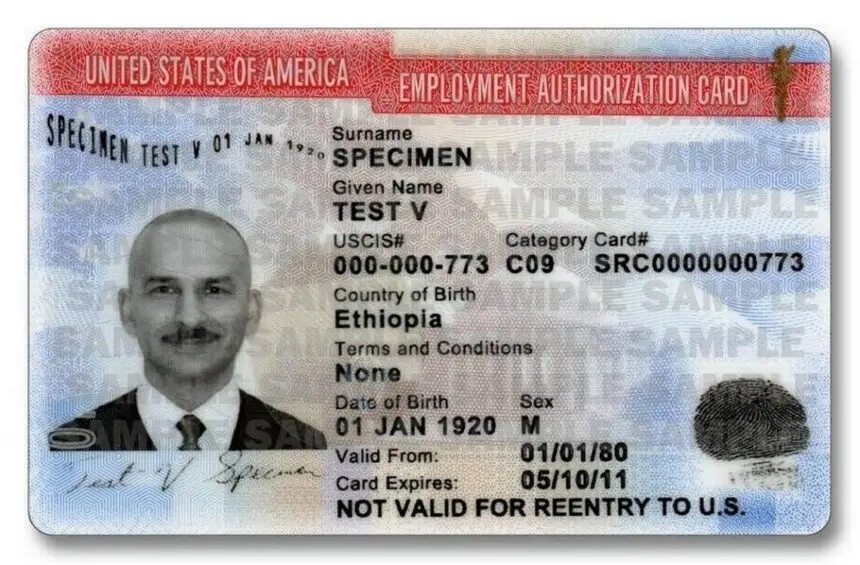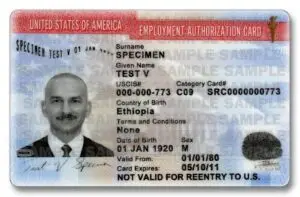The Department of Homeland Security (DHS) published an interim rule on Wednesday, October 29, 2025. The rule ends the practice of automatically extending Employment Authorization Documents (EADs)—work permits—for most foreign nationals filing renewal applications.
The measure applies to applications submitted on or after October 30, 2025.
The text states: “Aliens who apply to renew their EAD on or after October 30, 2025, no longer get an automatic extension.” Only limited exceptions remain—mainly those required by law or listed in Federal Register notices for some TPS documents.
USCIS says the objective is to prioritize screening and background checks before extending work authorization.
The agency states, “Ending automatic extensions of EADs results in more frequent screening of aliens seeking authorization to work in the United States.” USCIS adds that more regular background reviews help prevent fraud and identify “potentially dangerous” individuals for removal when needed.
In the announcement, USCIS Director Joseph Edlow defends a “refocus” on public safety and national security. He states, “USCIS is emphasizing rigorous screening by eliminating policies that put the convenience of aliens above the safety of Americans.” He adds that this is “a common-sense measure to ensure appropriate screening is completed before an alien’s work authorization or documentation is extended.” He reminds, “Working in the United States is a privilege, not a right.”
Until now, many EAD holders could, under certain conditions, get an automatic extension while waiting for renewal.
A recent rule published in late 2024 extended this up to 540 days. The new rule eliminates automatic extensions for most categories. The actual renewal will occur only after complete verification. Law firms and alerts confirm that some exceptions remain; for example, certain F-1/STEM or TPS situations, as allowed by law.
The general structure ends the automatic mechanism for most as of October 30.
USCIS recommends applicants file renewal applications up to 180 days before their EAD expires. This helps minimize the risk of a temporary work authorization gap if processing is not done before expiration.
Important note: The rule does not affect EADs that have already received an automatic extension before October 30, 2025.
The Federal Register also states the rule takes effect October 30, 2025, and is open for public comment until December 1, 2025. These details help employers and employees determine which applications comply with the new rules and which follow the old ones.
The end of automatic extensions means employees with EAD as their only work authorization could have a gap if their renewal is not approved in time. Observers and law firms note that sectors with many asylum seekers, TPS beneficiaries, or spouses of work visa holders will feel the impact.
These groups sometimes relied on automatic extensions to avoid interruptions in their work. Early filing (up to 180 days) now becomes especially important.
What you need to know
Key date: The rule takes effect October 30, 2025; public comments due by December 1, 2025.
End of Automatic Extensions: For renewals filed on or after October 30, there will be no automatic extension. Exceptions apply only as provided by law or notices, especially for certain TPS documents.
File your renewal up to 180 days before expiration to reduce the risk of work interruption.
EADs that have already been granted automatic extensions before October 30 are not affected.
https://ctninfo.com/?p=37835&preview=true
https://www.facebook.com/CaribbeanNewsMedia








